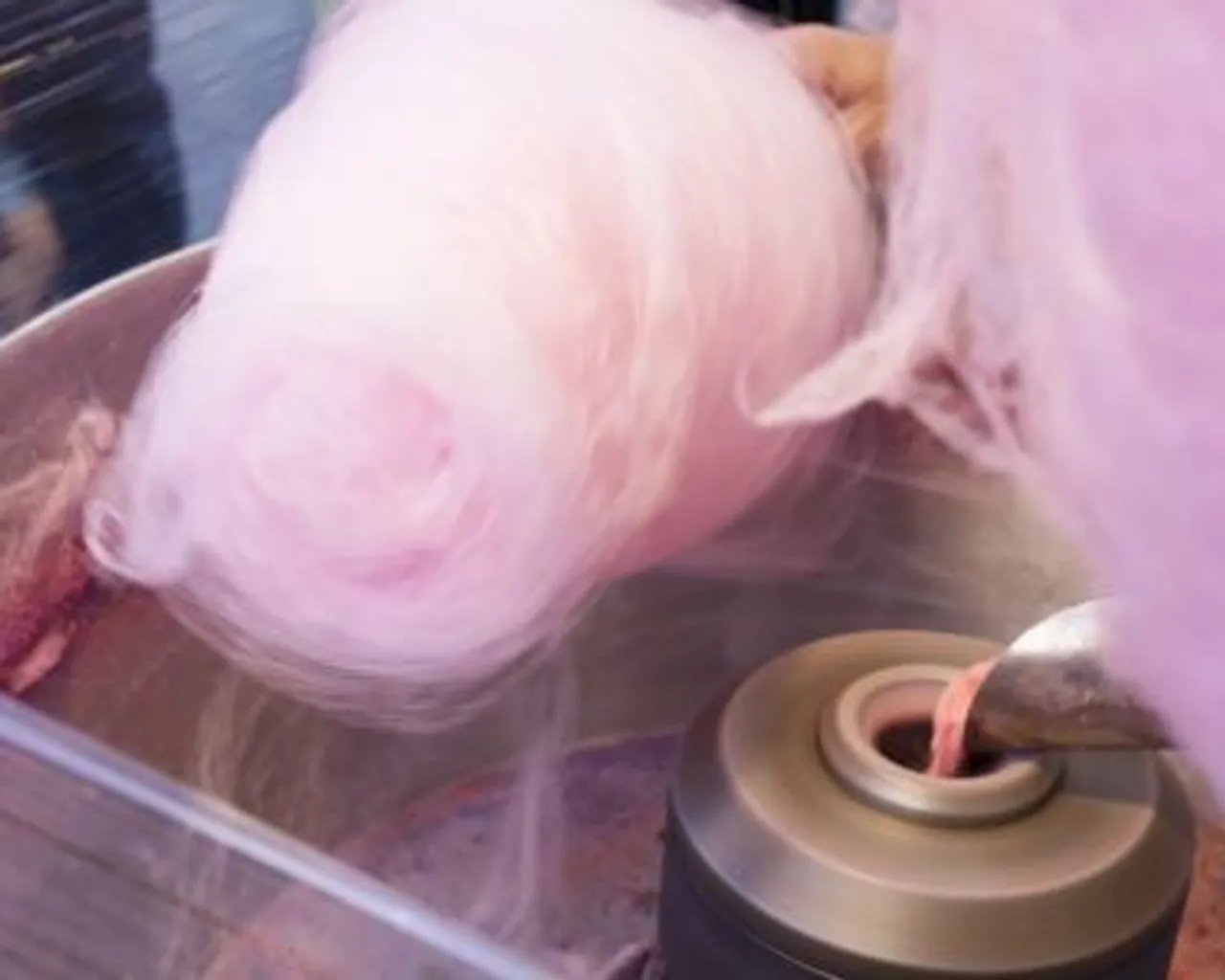Sugar & Cavities in Edmonton
Canadians have been told for years that sugar is the enemy to your teeth but that statement alone doesn’t tell the whole story when it comes to cavities, or does it?
At Janz Family Dental, we understand that a healthy smile always makes a good impression, whether you’re interviewing for a job, giving a presentation, or meeting old friends for dinner.
We offer gentle dental services and procedures for the whole family, from toddlers to seniors – and often get asked any number of questions, like can you reduce the risk of cavities by reducing your sugar intake.
According to the Canadian Dental Association, a cavity is a very small hole that forms on the surface of a tooth. Sugar actually indirectly leads to cavities. While our mouths contain many types of healthy bacteria, there are some not-so-helpful bacteria that feed on the sugars leftover from the tasty treats we consume throughout the day. Once they make a meal of these sugars, the bacteria excrete a mild acid that slowly demineralizes the outer enamel layer of our teeth.
So who is susceptible to cavities that result from sugar-eating bacteria?
Once your child has teeth, she or he is susceptible to tooth decay.
A 2014 study from the U.K. found that greatly reducing the amount of added sugar you eat can significantly lower your risk of dental decay. Researchers found that over time, people’s risk of cavities increased incrementally as the consumption of added sugars grew from about 0 percent to 10 percent of total daily calories.
The study authors recommend cutting the amount of added sugars to no more than 5 percent, with a target goal of 3 percent. This includes any sucrose, glucose, and fructose added to food, as well as the sugars present in honey, syrups, and fruit juices. In terms of actual diet, if eating 2,000 calories a day you would be limited to just 100 calories, or 25 grams, of added sugar. However, it’s not exactly how much sugar you’re eating that bumps up your tooth decay risk – it’s how often you’re eating it – because of how the decaying process works:
- Bacteria naturally attach to your teeth and coat them in a thin film known as plaque;
- When you eat sugars, they reach the bacteria, which feed on these sugars; and,
- They then turn the sugars into acid, which deconstructs the enamel of tooth and causes decay. This acid reaction starts each time sugar comes in contact with plaque.
“As long as you’re sipping it or snacking on it, the bacteria that can cause decay are changing that sugar into acid, and that acid is eroding the tooth,” says Carole Palmer, head of the division of nutrition and oral health promotion at the Tufts University School of Dental Medicine. To reduce sugar induced tooth decay, eat sugary foods during your three main meals because there are natural sugars in healthy foods like fruits, vegetables, and grain and your teeth are naturally exposed at this point, not excessive exposed. Then brush your teeth after eating. Try not to graze on sweetened food or drinks throughout the day, but if you do, give your mouth a quick rinse after.
Remember, it’s not necessarily what you eat so long as it’s healthy, rather when it comes to cavities, how long your teeth are exposed to these sugars. Good oral health care, along with routine check-ups and cleanings at Janz Family Dental are a clear path to fewer cavities.
If you have questions about sugar and your oral health or any of our services, contact Janz Family Dental or call: 780-484-8573





